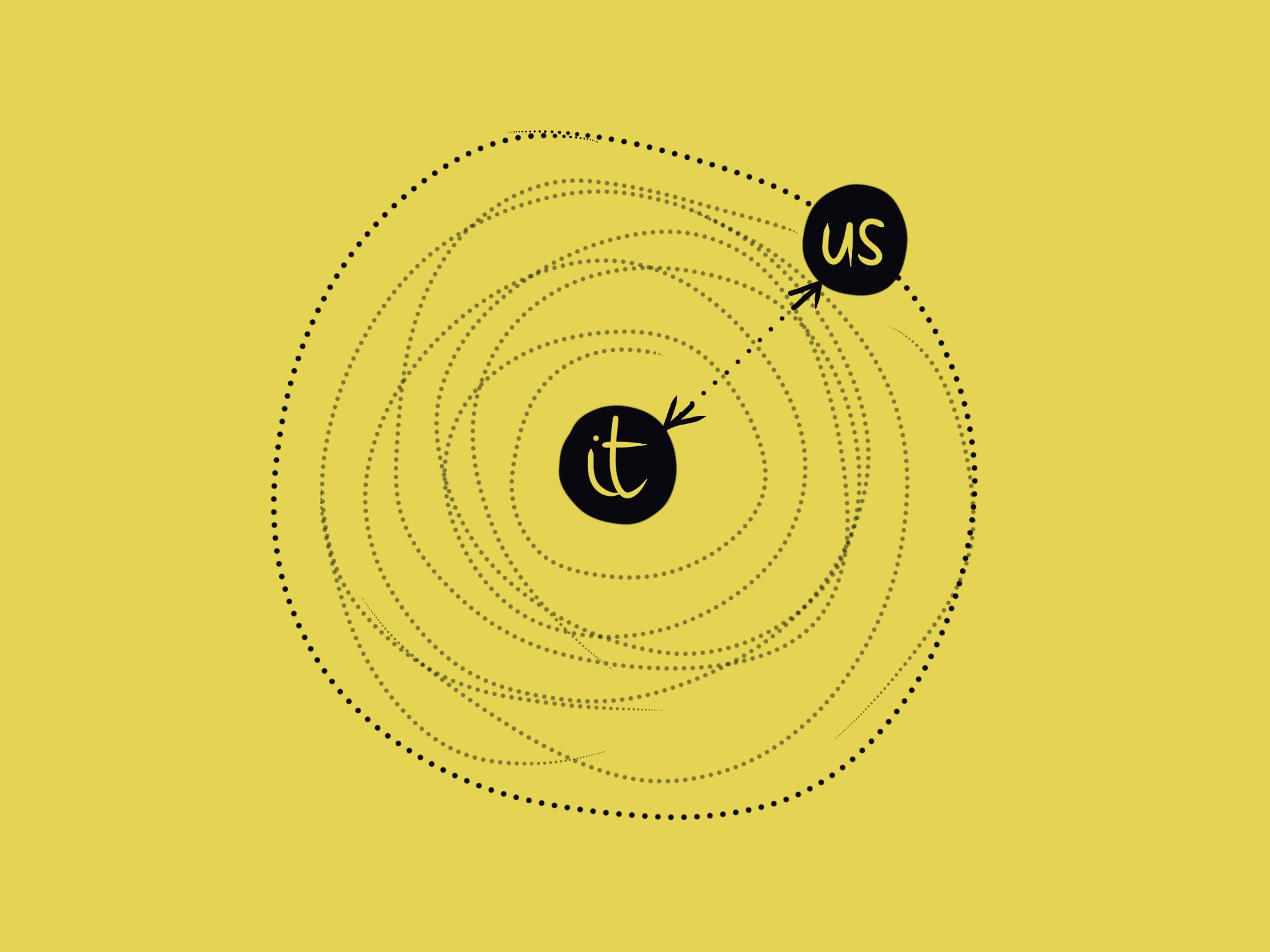Could you do it in reverse
 Monday, February 10, 2020 at 6:12PM
Monday, February 10, 2020 at 6:12PM  I collected the mail from my mailbox yesterday at 11am and saw the postal delivery worker, the ‘postie’, finishing delivering mail to other letterboxes.
I collected the mail from my mailbox yesterday at 11am and saw the postal delivery worker, the ‘postie’, finishing delivering mail to other letterboxes.
Usually she delivers the mail to our area at about 3pm.
‘Hi!’ I said. ‘Hey you seem a bit earlier, a different time today?’
‘Yes', she said, 'I thought I’d do my round in reverse today; you know, keep it fresh.
She went on...'It’s easy to become a machine, doing the same thing, same way, same route, riding up streets the same direction, the same order and same views. But wow, this has really snapped me out of things today; I’ve had to think and not just go by habit.'
She delivered the mail and a great insight.
What’s the current way you do something? And how could you reverse it? Even a small part of it? Go try.
Creativity and novel thinking data suggests this helps us see new things, make new connections, make sense in other ways.
Most of all, it changes our locked-in perspective.





















